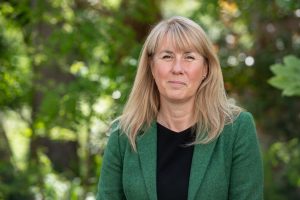The Project
Our approach is to develop classroom materials for primary school numeracy development and use these as the basis for workshops and for the development of teacher learning communities in each research site. The aim is to improve teachers’ own numeracy skills and their understanding of how numeracy can be more effectively communicated to their young learners and to improve children’s outcomes in the form of test results through appropriate assessment strategies.
While much is known about assessment for learning in well-resourced circumstances this research deliberately involves itself in far more challenging circumstances, specifically in urban slum areas, in order to develop ways of contributing to teaching and learning in the more marginal and disadvantaged circumstances in which millions of school-age learners find themselves.
The research team includes researchers with extensive experience of implementing formative assessment internationally, numeracy specialists and academics based in South Africa and Tanzania who are familiar with their own contexts and local conditions. The work will take place over three years, and commenced in April 2016.
External Project Members include: Co-Investigator Professor Anil Kanjee (Tshwane University of Technology, South Africa), Co-Investigator Professor Yusuf Sayed (Cape Peninsula University of Technology), Co-Investigator Professor Anjum Halai and Veronica Sarungi (Aga Khan University, Institute for Educational Development East Africa, Tanzania).






